According to the proposal of the Ministry of Finance, value added tax will be reduced by 2% for groups of goods and services currently subject to a tax rate of 10%, meaning the new tax rate will be 8%.
However, some groups of goods and services will not be subject to tax reduction, including fields such as telecommunications, information technology, finance, banking, securities, insurance, real estate, metals, metal products, mining products (except coal mining), refined petroleum, chemicals, as well as goods and services subject to special consumption tax.
The policy is expected to apply from January 1, 2025 to June 30, 2025, with total state budget revenue expected to decrease by about VND 25 trillion in the first 6 months of 2025. Specifically, the decrease in domestic budget revenue is estimated at about VND 2.5 trillion/month, while the decrease in import revenue is about VND 1.5 trillion/month.
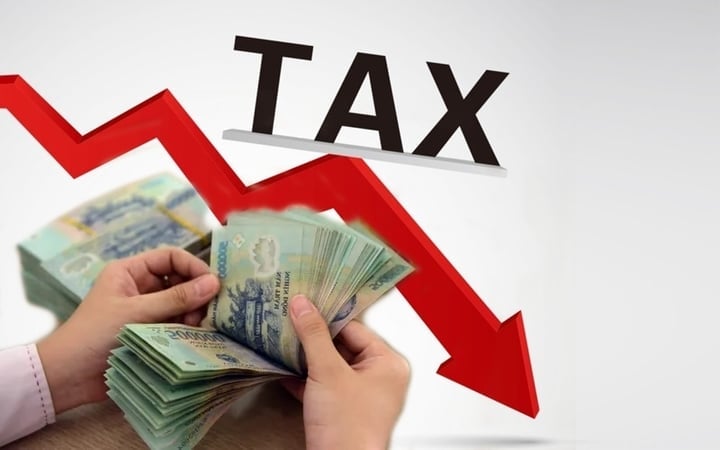
The Ministry of Finance proposed to continue reducing value-added tax by 2% in the first half of 2025. (Illustration photo)
According to the Ministry of Finance, the proposal to reduce value-added tax in the first 6 months of 2025 aims to stimulate consumption, support businesses and help the economy recover after the COVID-19 pandemic and difficulties in 2024. Although the economy has shown signs of recovery, it still faces many major challenges such as geopolitical instability in the world, economic protection policies in many countries, as well as domestic factors such as the high rate of businesses withdrawing from the market and consumption not meeting expectations.
The Ministry of Finance believes that reducing value added tax will help reduce product prices, stimulate consumption and promote production and business. This will not only help businesses reduce costs and increase profits, but also create favorable conditions for people to access goods and services at reasonable prices. Moreover, tax reduction will also help stabilize the macro economy and control inflation, thereby creating a solid foundation for sustainable economic development.
Since 2022, the reduction of value-added tax has been successfully implemented through National Assembly Resolutions and has created positive impacts on the economy. In 2022, this policy will help businesses and people save about 51.4 trillion VND, contributing to promoting consumption and increasing retail sales of consumer goods and services by 19.8% compared to 2021.
In 2023, the tax reduction policy will continue to be implemented with a total tax reduction of up to VND 23.4 trillion and total retail sales of goods and consumer service revenue will grow by 9.6% compared to 2022.
By 2024, the total value-added tax reduction under the policy is estimated to reach about VND49 trillion. This policy has helped reduce the selling price of goods, promote consumption and production, create jobs for workers and contribute to achieving socio-economic goals.
Reducing value-added tax in the first 6 months of 2025 is an important solution proposed by the Ministry of Finance to stimulate consumption and boost the economy. Although there are some difficulties in the implementation process, this policy has proven effective in supporting businesses, reducing production costs and promoting consumption.
According to the Ministry of Finance, with continuous efforts and reforms in adjusting tax policies, Vietnam can continue to maintain economic recovery momentum and achieve its growth target in 2025.
Source: https://vtcnews.vn/bo-tai-chinh-de-xuat-tiep-tuc-giam-2-thue-gtgt-den-het-6-thang-dau-nam-2025-ar908298.html


![[Photo] Spreading passion for science and technology in educational environment](https://vstatic.vietnam.vn/vietnam/resource/IMAGE/2025/4/27/059521b98e3847368f5ff4120460a500)
![[Photo] Magnificent rehearsal of the parade to celebrate the 50th anniversary of national reunification](https://vstatic.vietnam.vn/vietnam/resource/IMAGE/2025/4/27/9d03de12cfee4bd6850582f1393a2a0f)














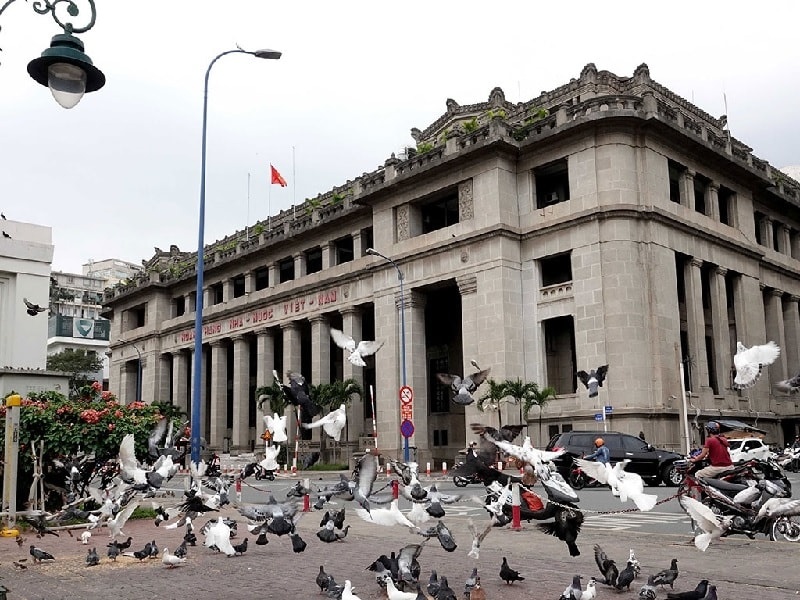

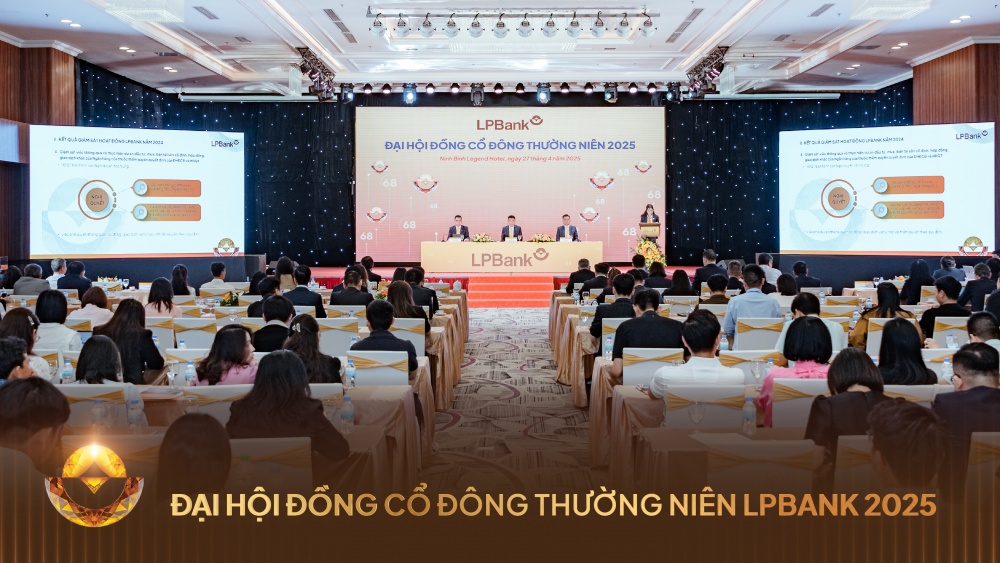











![[Photo] Ho Chi Minh City residents stay up all night waiting to watch the parade rehearsal](https://vstatic.vietnam.vn/vietnam/resource/IMAGE/2025/4/27/0c555ae2078749f3825231e5b56b0a75)






















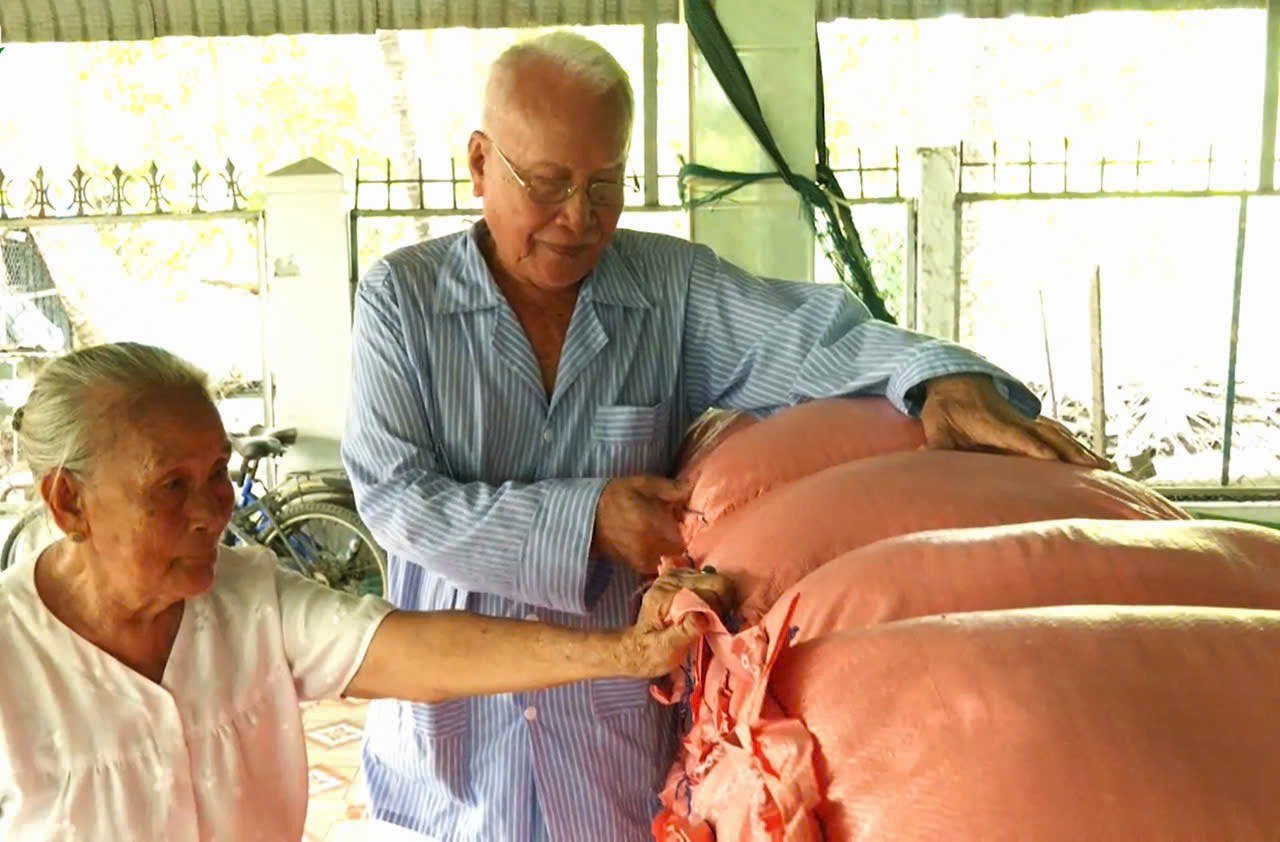









































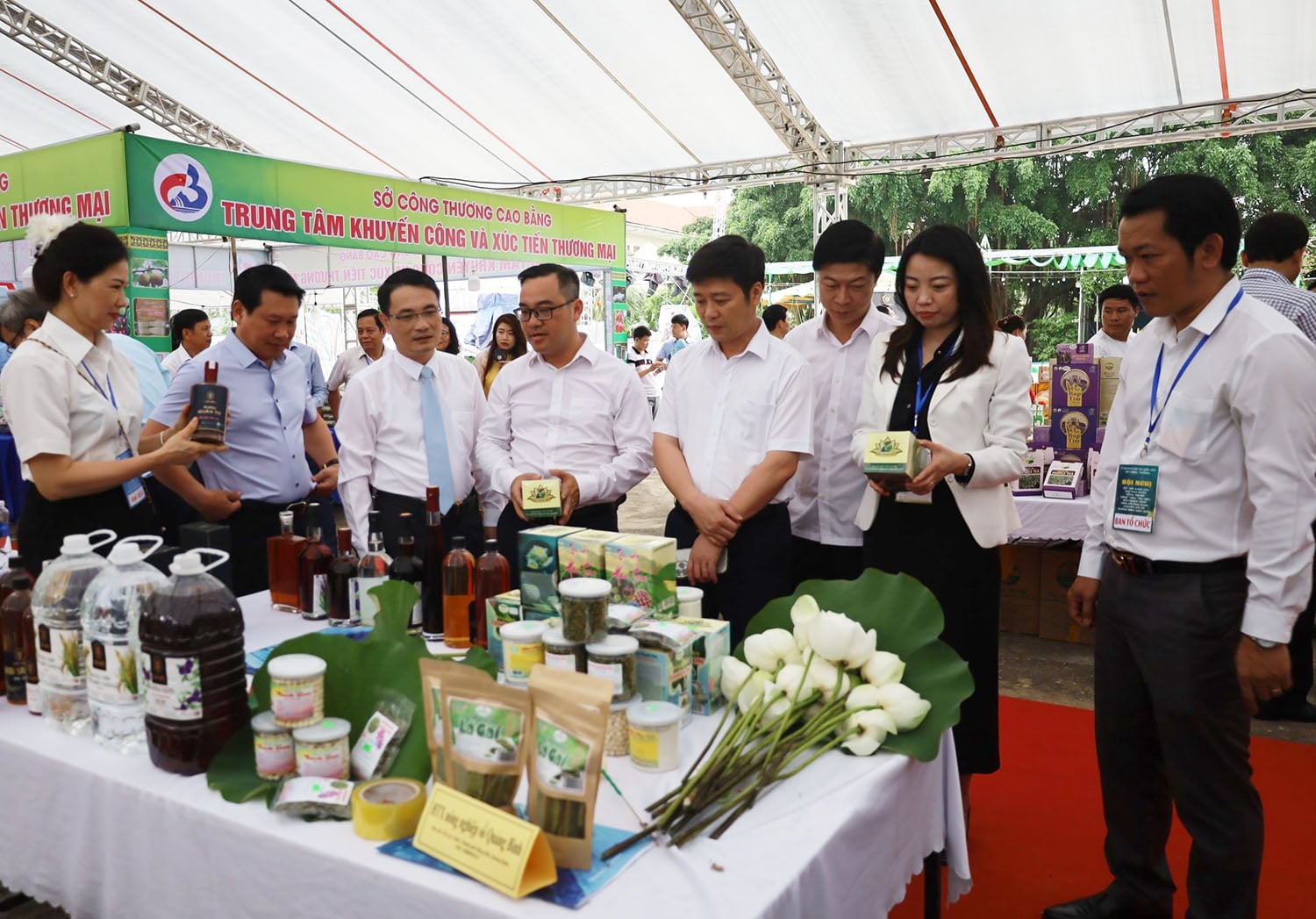



Comment (0)